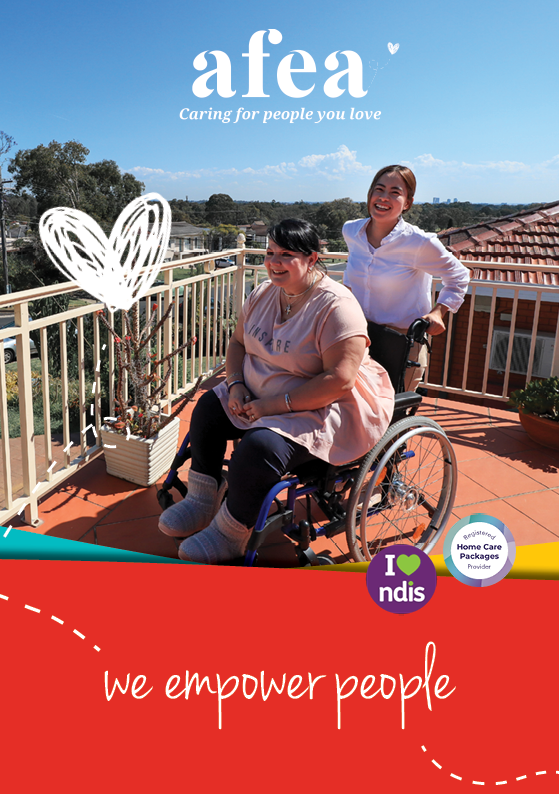Do you need to provide a mental health diagnosis to access the NDIS?
You may qualify for the NDIS if you have a disability arising from a mental health condition. A diagnosis is preferred but not essential.
You don’t even need to name the mental health condition when providing evidence.
NDIS support is based on the impairment, or the impact of the mental health condition, rather than the diagnosis itself.
Keep reading to learn more about accessing the NDIS when you have a mental health condition.
Does having a mental health condition mean you have a disability?
A mental health condition can be temporary or lifelong and include mood, anxiety, personality, psychotic and compulsive disorders. A psychosocial disability is a disability arising from a mental health condition.
Not everyone with a mental health condition will experience disability. But if you do have a psychosocial disability, you may be eligible to receive NDIS support.
The NDIS is for people who experience severe and long-term disability. It is designed to help you increase your independence and participate fully in community life.
What happens when you have a psychosocial disability?
You may face difficulties doing everyday tasks, anything from personal hygiene to interacting with other people.
You may have trouble communicating, learning or moving around the community. For example, if you’re too anxious to use public transport or leave your home).
This can have a profound effect on your daily functioning and your potential recovery.
Who is eligible for the NDIS, in terms of mental health?
To become an NDIS participant, you must:
- be an Australian citizen, or have a permanent or Special Category Visa (SCV) AND
- be under 65 years old when you apply to join the NDIS AND
- live in an area where the NDIS is available.
If you have a mental health condition and want to access the NDIS, you must meet the above criteria and provide evidence that:
- your mental health condition has caused difficulties in your everyday life AND
- the difficulties you experience as a result of your mental health condition mean you will likely always require NDIS support AND
- the difficulties you experience as a result of your mental health issue have substantially reduced your ability to do everyday activities.
Can I use my funding to pay for clinical mental health treatment?
The NDIS will not fund this as the NDIS is not meant to replace community mental health services or treatment services provided through the health system.
You can still access early intervention services and psychology sessions, but these are under Medicare mental health plans, not the NDIS.
The NDIS is designed to fund practical support for day-to-day living and assistance to access community services.
For example, if you want support to learn how to pay your bills or cook your meals, the NDIS will be able to fund this to assist your recovery.
How can the NDIS support recovery if the condition is lifelong?
Under the NDIS, recovery means a person with a mental health condition is able to achieve their best state of personal, social and emotional wellbeing.
What if I don’t identify with my diagnosis?
The focus of the NDIS is on the impact of the mental health condition on your life, not on the condition itself.
This is also why you are not required to reveal, or identify with, your mental health diagnosis. For example, if you have been diagnosed with schizophrenia, an NDIS access decision will be based on the impact of the condition on your daily life, not the schizophrenia diagnosis.
It is okay to apply for the NDIS stating simply that you have a mental health condition and provide evidence on how this has affected your daily life.
What evidence can I provide?
- Functional assessment completed by a mental health professional
- Personal statement explaining how you carry out everyday tasks
- Supporting statements written by your family, friends and/or support workers
- Other formal assessments provided to Centrelink or other government departments
Do you need mental health support services?
We can support you to overcome isolation, reduce loneliness, build confidence, develop relationships, participate in activities, and connect with family, friends, community and employment.
We also offer safe housing in our Supported Independent Living properties, providing a supportive environment and 24/7 support from our team of carers.















